
Latest EU RoHS Lead Exemption Updates (2025): Full Breakdown for Manufacturers
The use of lead and other hazardous materials in Electrical and Electronic Equipment (EEE) is
Meet Our Executive Team Leading the Way Leadership Insight
Streamline collaboration and success
Explore opportunities
Keep up-to-date with the latest company newsGet the latest updates
Integrated way to address the risks of compliance
Provide your team with an armoury of compliance knowledge
On-demand reports generation helps you track update easily
Gap analysis and compliance strategy development
Turnkey PPAP support services that enable high quality manufacturing
Procurement services that enable ethical sourcing & compliance
Material declarations, certifications for standard / custom parts
Building reliable component databases, that enable design for a green future
Expert Consulting, Fully Managed Compliance Solutions, Training, Compliance Services
Consulting, Training, Managed Compliance Solutions including Software and Services
Consulting, Frameworks, Managed Compliance Solutions including Software and Services
Consulting and Managed Services to meet various trade regulations
Learn about material compliance, ethical sourcing, and sustainable supply chains Get Insights
Unveiling Success Stories with ComplianceXL
Inspire your vision with real examples

The use of lead and other hazardous materials in Electrical and Electronic Equipment (EEE) is
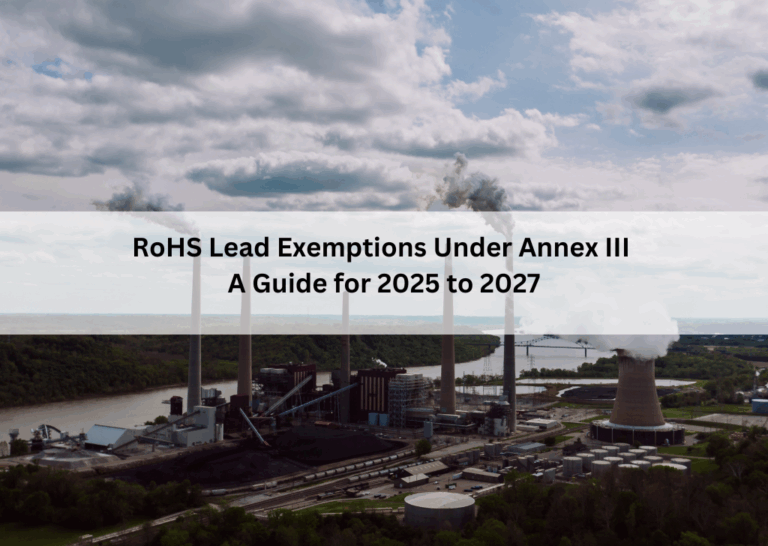
The European Union’s Restriction of Hazardous Substances (RoHS) Directive, established under Directive 2011/65/EU, aims to
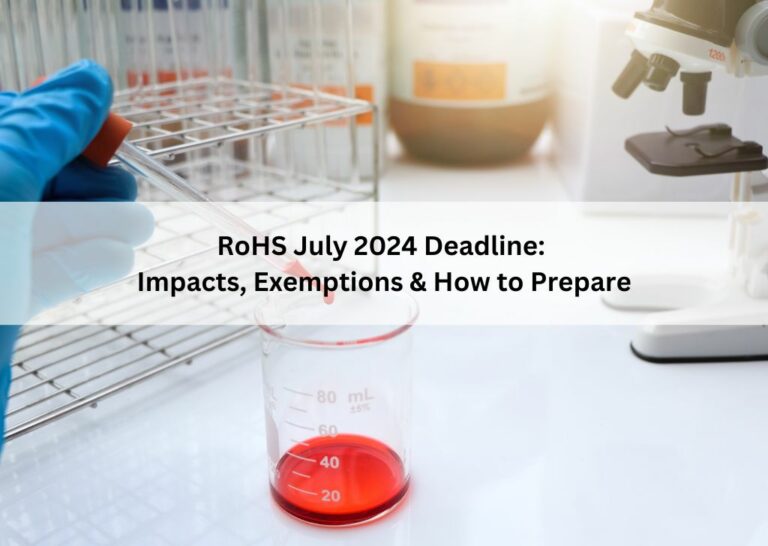
The Restriction of Hazardous Substances Directive (RoHS) has been a base regulation in promoting environmental
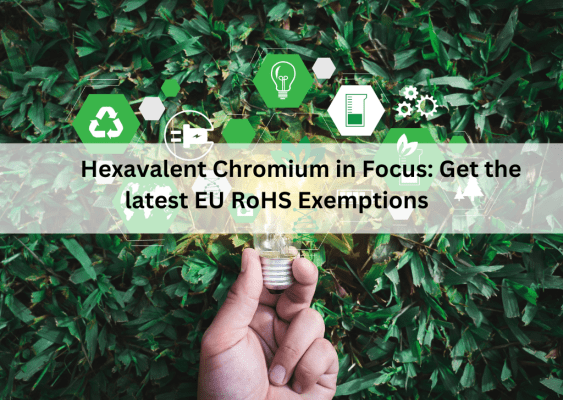
Numerous hazardous substances are prohibited in electrical and electronic equipment (EEE) under the EU RoHS
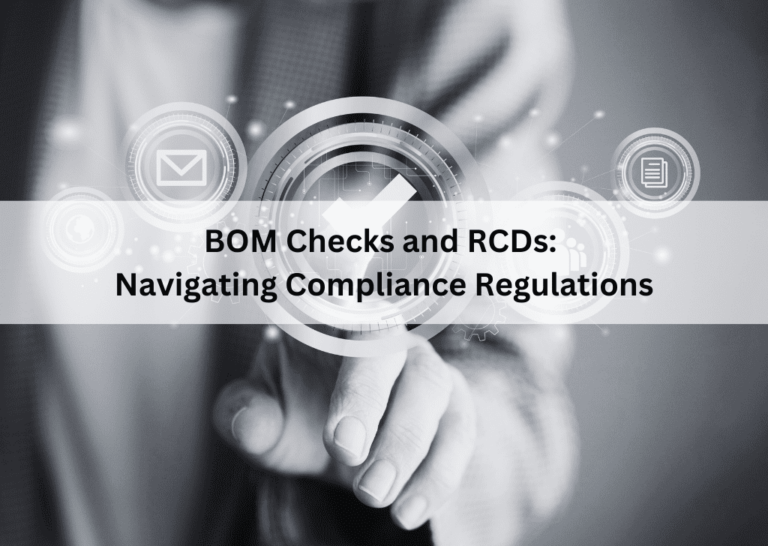
Business across industries are required to comply with regulatory requirements, which ensures the safety, quality,
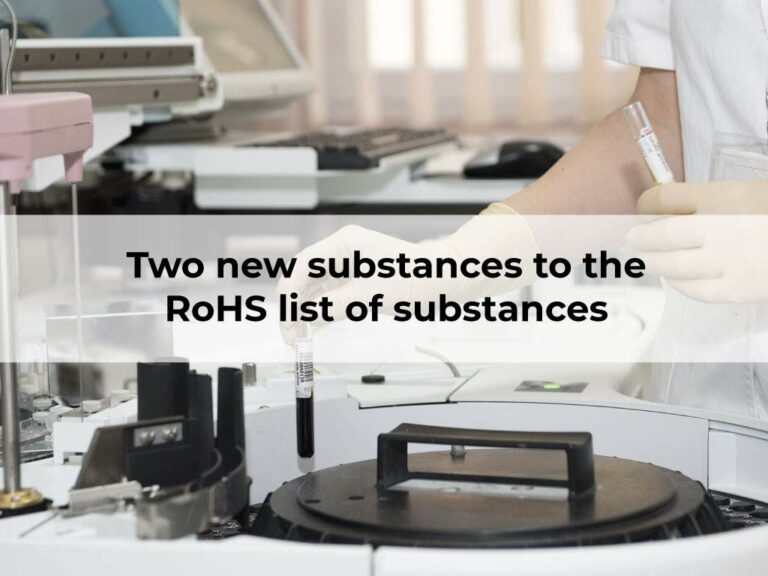
History of RoHS directive European union realizes the need of Restriction of Hazardous Substances(RoHS) directive
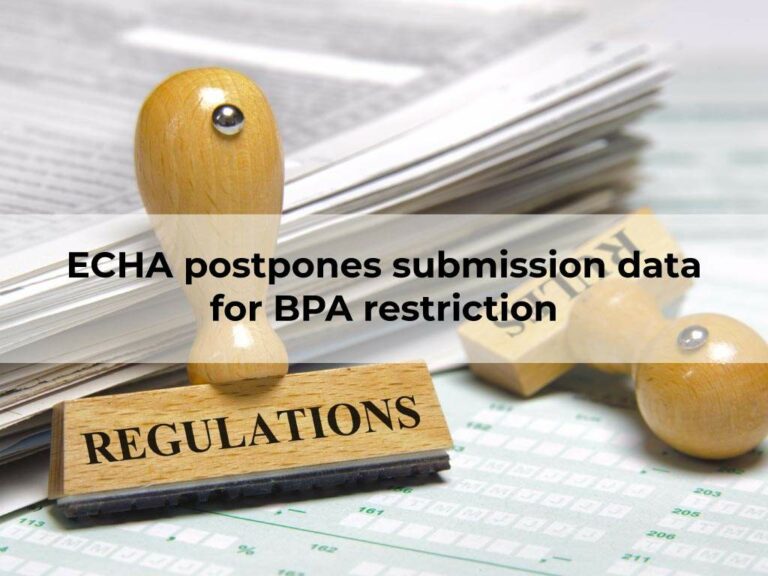
According to ECHA, the submission of the 4,4′-isopropylidenediphenol (bisphenol A, BPA) (EC 201-245-8,CAS 80-05-7) restriction
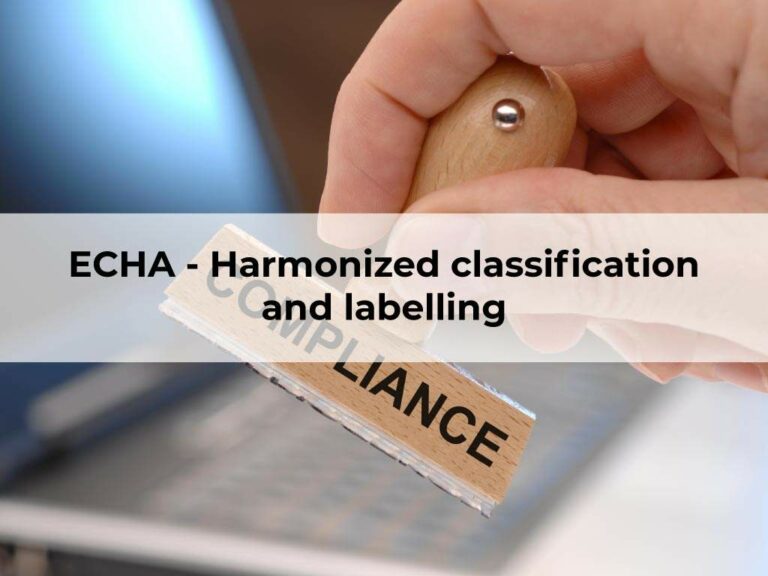
The European Chemicals Agency (ECHA) is seeking comments on proposed harmonized classifications and labeling for:
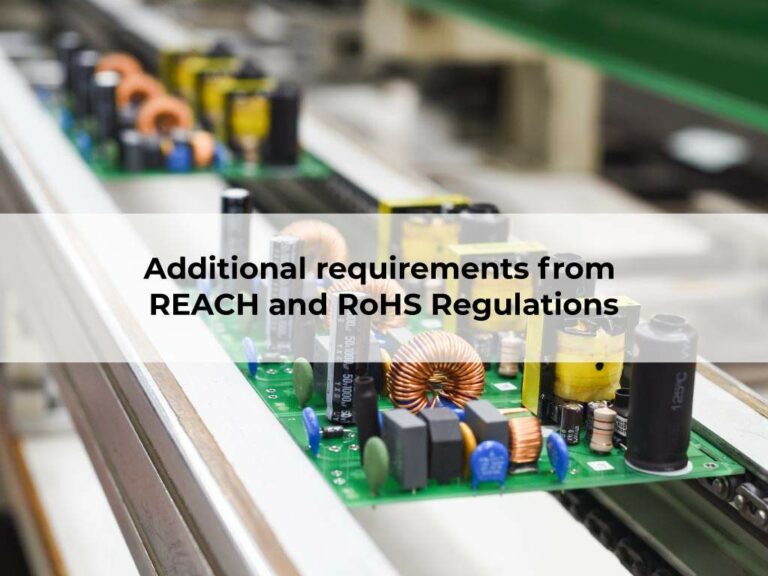
The Oeko-Institut (Institute for Applied Ecology) has issued an amended version for the report of
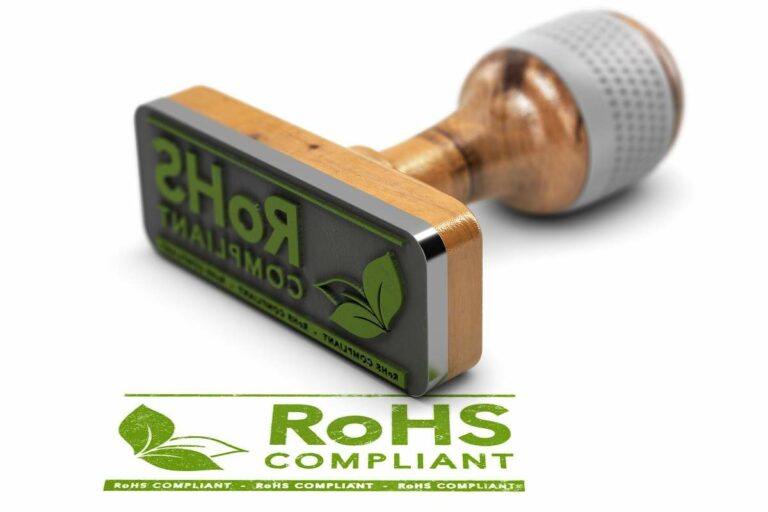
EAEU: Draft Decision for approving Technical Regulations on Restriction of Hazardous Substances in Electrical and
Connect with our experts for tailored advice on achieving supply chain compliance and sustainability. Start your journey to compliance excellence now.
Connect with our experts for tailored advice on achieving supply chain compliance and sustainability. Start your journey to compliance excellence now.